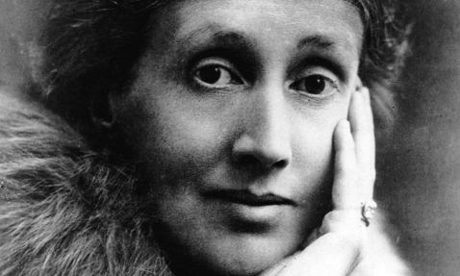
We received an Award from
Think! A program designed to teach kids to think outside the box. They say "We love to read and this has been a great resource for us!" Thank you so much - it is very much appreciated.
There are rules that go with the award:
There are rules...
- *List 6 things that make you happy.
- *Pass the award on to 5 other bloggers
- *Link back to the person who gave you the award.
- *Link to the people you are passing it on to and leave them a comment to let them know.
Since this is a group blog, I asked the contributors and participant to let me know what makes them happy. We have a lot more than 6 and the list will probably be added to as others comment and let us know what makes them happy
Things that make us happy
Nakia: My daughters laughing, My husband, The beach, The smell of Crayola crayons, New books and Autumn.
Kidshappen: My hubby, my family, when my children actually listen, plenty of sleep, peace & quiet, and a clean house.
Sojourner: spending one on one time with my hubby, hearing my son pull safely into the garage after he has been out driving somewhere alone, chocolate, reading in the bath or while floating in the pool, babies laughing and browsing in a bookstore.
LadyQ: Chocolate, babies, sleeping children, my RSS feed reader, drawing with my oldest and mopped floors!
Beth in Central TX: My husband, hugs from my oldest son, listening to all of the ideas from my middle son, cuddling with my youngest son, fixing healthful meals to eat and keeping up with the laundry.
Julia: my daugher's imagination, my son's sense of humour, my youngest daughter's wacky personality, Coke (as in the beverage), chocolate and the sunset.
Rosie: Good food, markets, happy kids, kitchen gadgets, books and finishing craft projects.
Kristiana: Falling snow, dove dark chocolates, squeezy hugs from my boys, old maps, cable knit turtleneck sweaters and my dear husband doing the dishes for me.
Nan in Mass: Peacewalking with the Nipponzan Myohoji, mayors for Peace, my family, water in the wind, fur in the sunlight and my guitar.
Luann in ID: Seeing husband's car come up the driveway, spending time with my kids, reading a good book, hiking in the mountains, snuggling under a down comforter and serving a good meal to a crowd (sometimes just my family is the crowd

)
Danybug: praying, everything about my children, laughing with my husband, books, delicious desserts, running ans warmth of the sun. Oops that's seven... guess I am really happy!
Instead of just 5 bloggers, I am passing this award on everyone: contributors, participants and readers. You know who you are. You all rock!






 )
) 









